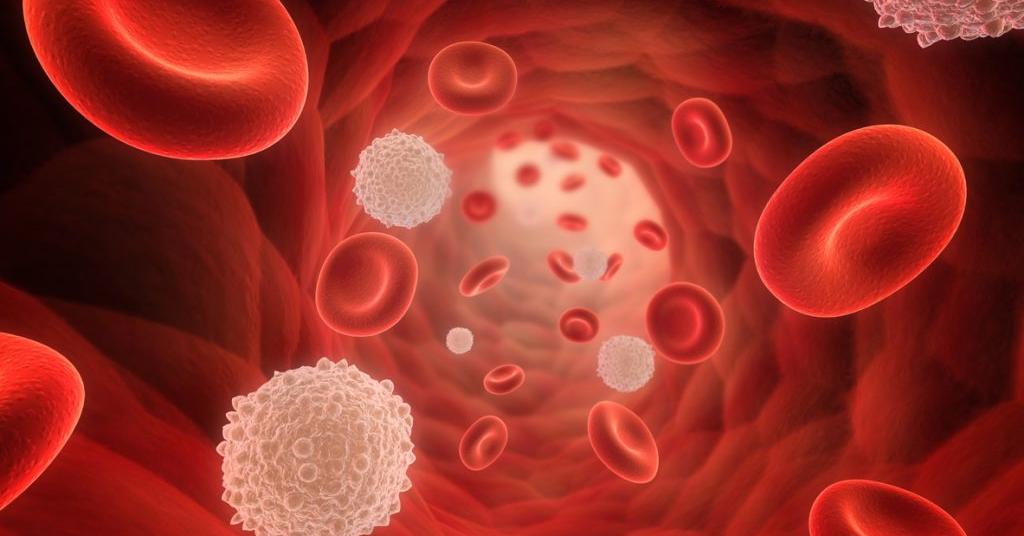Are you curious to know what is polymorphs in blood? You have come to the right place as I am going to tell you everything about polymorphs in blood in a very simple explanation. Without further discussion let’s begin to know what is polymorphs in blood?
Our blood is a complex and dynamic fluid that consists of various types of cells with unique functions. Among these cells are white blood cells (WBCs), also known as leukocytes, which play a crucial role in our immune system. Polymorphs, also referred to as granulocytes or polymorphonuclear leukocytes (PMNs), are a subgroup of white blood cells that are essential in defending our bodies against infections and foreign invaders. In this blog, we will explore what polymorphs in blood are, their types, functions, and their significance in maintaining our overall health.
What Is Polymorphs In Blood?
Polymorphs, short for polymorphonuclear leukocytes, are a type of white blood cell characterized by their distinctive multi-lobed nuclei and granular cytoplasm. They are so named because their nuclei can have multiple shapes or lobes. Polymorphs are an essential component of the immune system and play a pivotal role in defending the body against infections.
Types Of Polymorphs
There are three primary types of polymorphs or granulocytes found in the blood:
- Neutrophils: Neutrophils are the most abundant type of polymorphs, constituting approximately 60-70% of all white blood cells. They are the first responders to infections and are highly effective at phagocytosis, which is the process of engulfing and destroying bacteria, fungi, and other foreign particles. Neutrophils are characterized by their neutral staining properties.
- Eosinophils: Eosinophils make up about 1-3% of white blood cells. They are primarily involved in combating parasitic infections and are also implicated in allergic reactions and asthma. Eosinophils contain granules that stain with eosin, a reddish-orange dye.
- Basophils: Basophils are the least common type of polymorphs, accounting for less than 1% of white blood cells. They release histamines and other chemicals involved in allergic responses and inflammatory reactions. Basophils have granules that stain with basic dyes, hence their name.
Functions Of Polymorphs
The functions of polymorphs are primarily related to their role in the immune response:
- Phagocytosis: Neutrophils are expert phagocytes. They quickly migrate to the site of infection and engulf bacteria, viruses, and other pathogens to neutralize them.
- Inflammatory Response: Polymorphs, especially neutrophils and eosinophils, are key players in the body’s inflammatory response. They release cytokines and other signaling molecules to recruit other immune cells to the site of infection or injury.
- Allergic Reactions: Basophils and eosinophils play crucial roles in allergic reactions and hypersensitivity responses. They release histamines and other chemicals that cause inflammation and allergic symptoms.
Significance Of Polymorphs In Health
Polymorphs are essential for maintaining a healthy immune system and protecting the body from infections and diseases. Abnormalities in the levels or function of polymorphs can indicate underlying health issues. For example:
- Neutropenia: A low neutrophil count can make individuals more susceptible to bacterial infections.
- Eosinophilia: Elevated eosinophil levels can be a sign of parasitic infections, allergies, or certain autoimmune diseases.
- Basophilia: Although rare, an increased number of basophils may be associated with certain blood disorders or allergic reactions.
Conclusion
Polymorphs in blood are a critical part of our immune defense system. Their ability to identify and destroy pathogens, as well as their involvement in inflammatory and allergic responses, makes them vital for our overall health. Regular blood tests can help healthcare professionals monitor the levels of these white blood cells and diagnose underlying medical conditions, ensuring the proper functioning of our immune system and our overall well-being. Understanding the role of polymorphs in blood underscores the complexity and resilience of the human immune system.
FAQ
What Happens When Polymorphs Is High?
A high polymorph count in the blood means that there are infections in the body.
What If Polymorphs Is Low?
What does it mean if your Polymorphs result is too low? Granulocytopenia is an abnormally low concentration of granulocytes in the blood. This condition reduces the body’s resistance to many infections.
What Is The Meaning Of Polymorphs In Blood?
any of a group of white blood cells that have lobed nuclei and granular cytoplasm and function as phagocytes; they include neutrophils, basophils, and eosinophils.
How Do You Control Polymorphs?
By controlling the rate of concentration change, thermodynamic or kinetic control can be achieved. At low solvent transfer rates, the amount of supersaturation is low and the more stable polymorphs have time to grow at the expense of the less stable forms.
I Have Covered All The Following Queries And Topics In The Above Article
What Is Polymorphs In Blood Test
What Is Polymorphs In Blood Test In Hindi
What Is The Meaning Of Polymorphs In Blood Test
What Is Polymorphs Count In Blood
What Is Polymorphs In Blood
What does a blood test tell about a polymorph?
